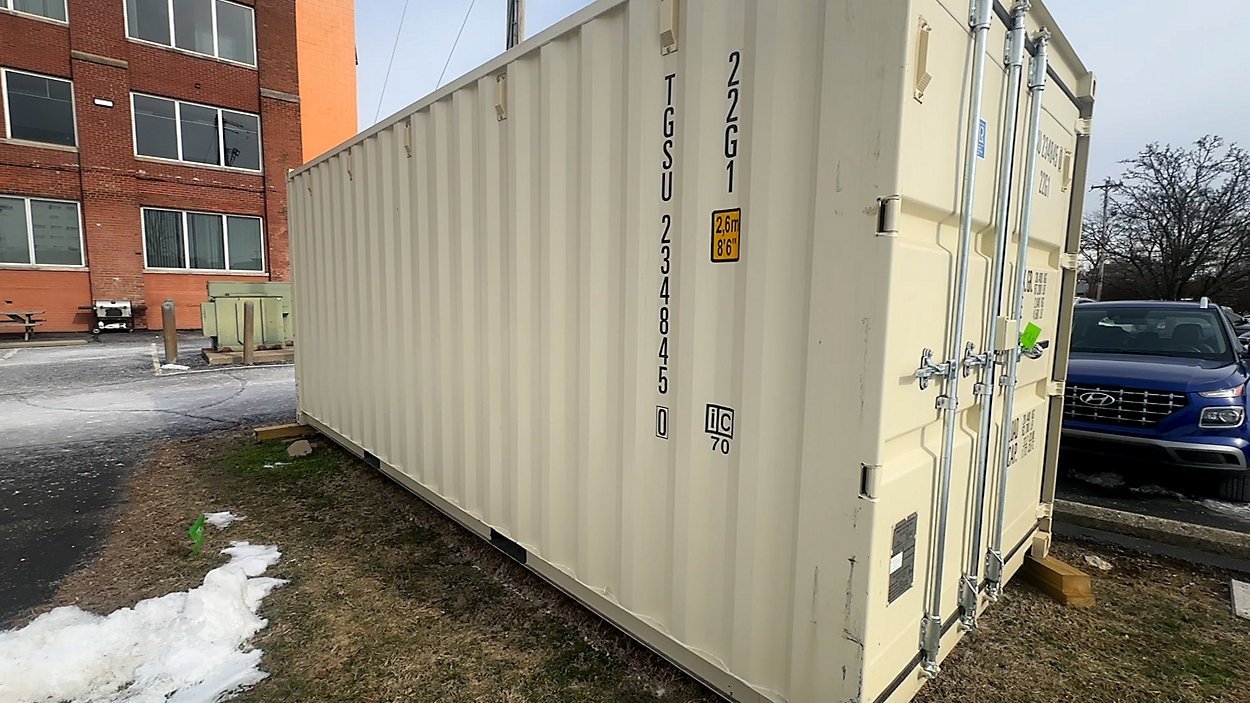Old Shipping Containers Turning Into Farms
By Sheena Elzie Cincinnati
January 24, 2025
CINCINNATI — Old shipping containers are now being used to fight against hunger in underserved communities.
What You Need To Know
80 Acres Farm started out using shipping containers to grow food and they're now showing future indoor farmers to do the same
Urban Farming Initiative in Cincinnati recently purchased an old shipping container to start the process
Urban Farming is teaming up with partners across the region to help provide the fresh food to under served communities
Old shipping containers turning into farms (Spectrum News 1/Sheena Elzie)
Renee Camplese is bringing out vegetables that she says are better for you than organic.
“We have no need to use pesticides, so nothing is ever sprayed on our produce, ever,” said Camplese.
She said their greens hold more nutrition because of where it came from. The greens are from an indoor farm, 80 Acres Farm, in the Cincinnati area.
“We started growing ten years ago in containers, old shipping containers that have been refurbished with lights and all of the piping and things that we needed to grow indoors, so it’s a hydroponic system. Then we have moved on from containers to large-scale production farms,” said Camplese.
Now the idea of using shipping containers as indoor farms is growing too. In fact, they’re using it to train future indoor farmers.
“We’re able to turn these shipping containers into programmatic solutions,” said Ben Booker, Executive Director for Urban Farming Initiative in Cincinnati.
The Urban Farming Initiative has been working on solutions to hunger. They’re making farms out of old warehouses, office spaces and shipping containers are next this year.
“We’re able to build out these hydroponic systems in containers so we can provide 24/7 growing capabilities to the communities we work with so they can get access to leafy greens and herbs,” said Booker.
The communities and partners they work with were all on display during an event called ‘Food is Medicine’ where experts shared ways to access healthier foods like greens grown indoors.
“I enjoy knowing that we’re doing good for our population and good for communities that are underserved and just in general, making our food supply better,” said Camplese.



